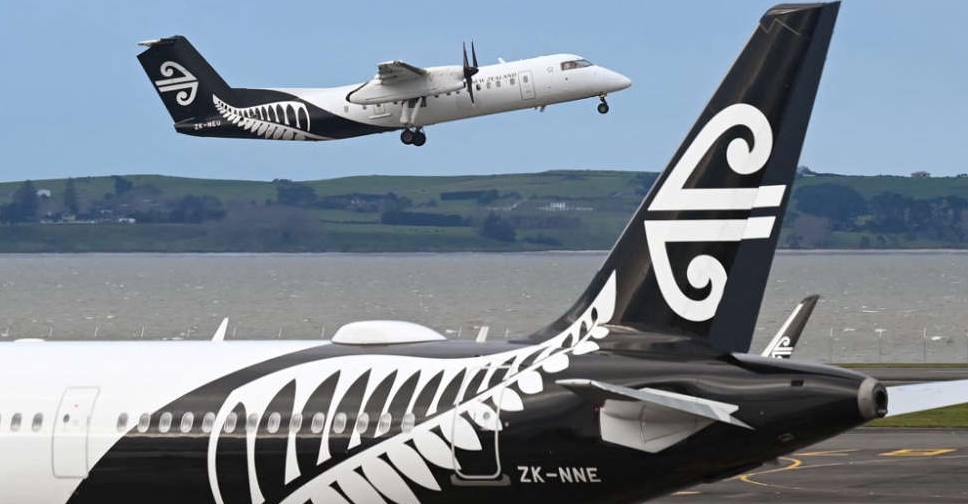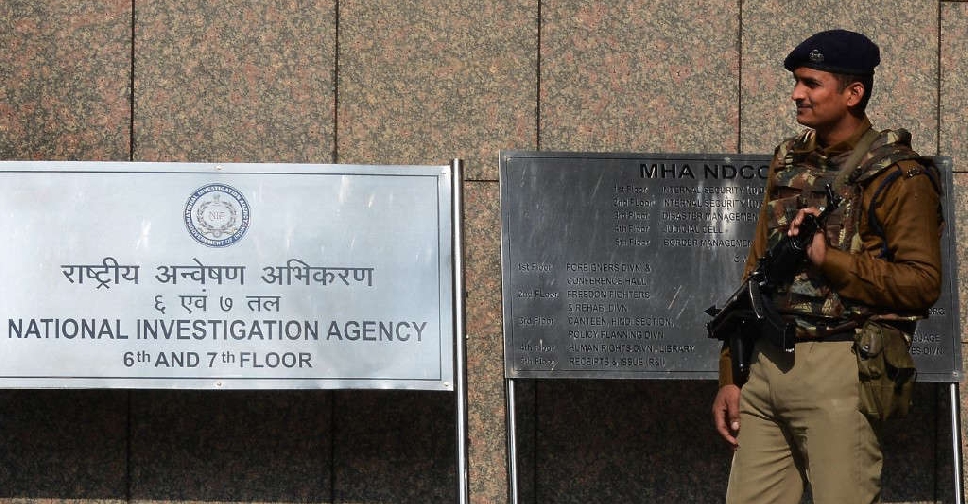
New Zealand will keep its borders closed to most international travelers for a further five months, the government said on Wednesday.
Along with its geographic isolation, the South Pacific country enforced some of the tightest pandemic restrictions among OECD nations, limiting the spread of COVID-19 and helping its economy bounce back faster than many of its peers.
But an outbreak of the highly contagious Delta variant earlier this year has forced a shift in strategy, with the central city of Auckland now only gradually opening up as vaccination rates climb.
Fully vaccinated international travellers will be allowed to enter the country from April 30, COVID-19 Response Minister Chris Hipkins told a news conference. The travellers will have to self-isolate for seven days on arrival.
Vaccinated New Zealanders and residence visa holders in neighbouring Australia can travel to New Zealand from January 16, while vaccinated New Zealanders and residence visa holders most from other countries will be allowed in from February 13.
"A phased approach to reconnecting with the world is the safest approach to ensure risk is carefully managed," Hipkins said.
"This reduces any potential impacts on vulnerable communities and the New Zealand health system."
Travellers will no longer be required to stay at state quarantine facilities, he said. Still, other measures will be put in place, including self-isolation, a negative pre-departure test, proof of being fully vaccinated, and a COVID-19 test on arrival.
Pressure has been mounting on Prime Minister Jacinda Ardern to reopen international borders ahead of the Christmas holidays so that expatriate New Zealanders could return home.
Air New Zealand said last week it had cancelled about 1,000 flights to Australia due to border uncertainty.
Many industries have also campaigned to reopen borders more quickly as they struggle to fill job vacancies.
New Zealand has recorded just over 10,000 COVID-19 cases since the pandemic began and 40 deaths - far fewer than most comparable countries.



 2008 Mumbai attacks accused arrives in India after US extradition
2008 Mumbai attacks accused arrives in India after US extradition
 Hezbollah ready for talks with Lebanese government, MP says
Hezbollah ready for talks with Lebanese government, MP says
 Talks between US, Ukraine on minerals deal to start Friday
Talks between US, Ukraine on minerals deal to start Friday
 Dual national prisoners head home in US-Russia swap
Dual national prisoners head home in US-Russia swap



